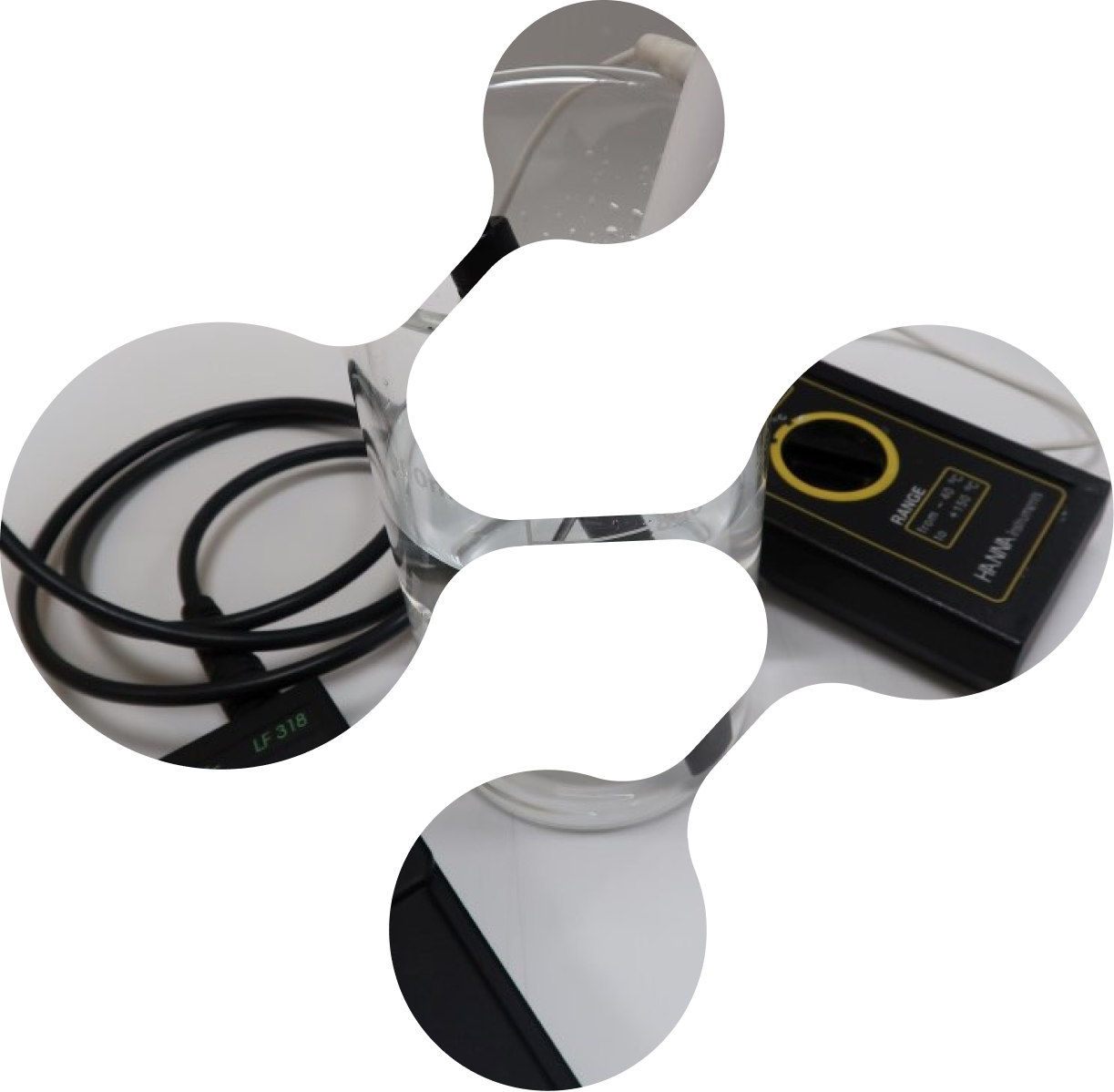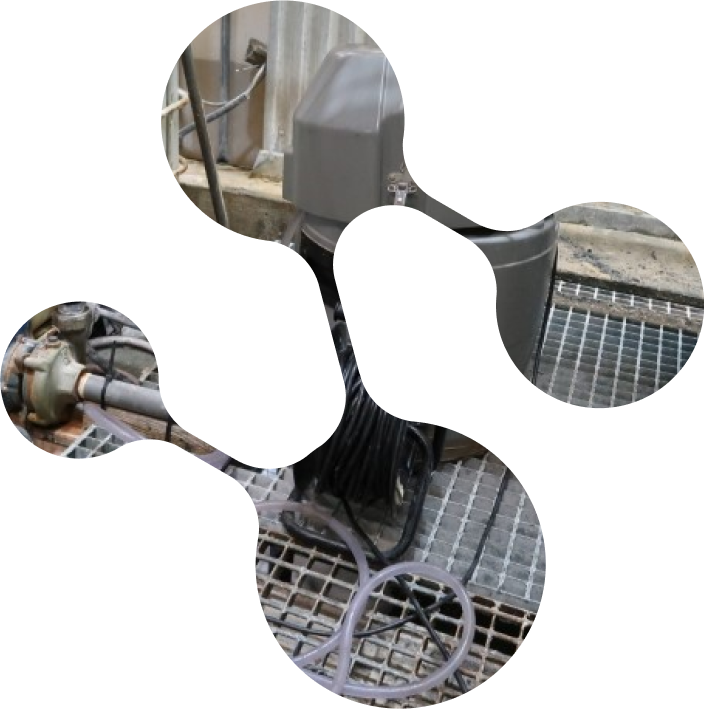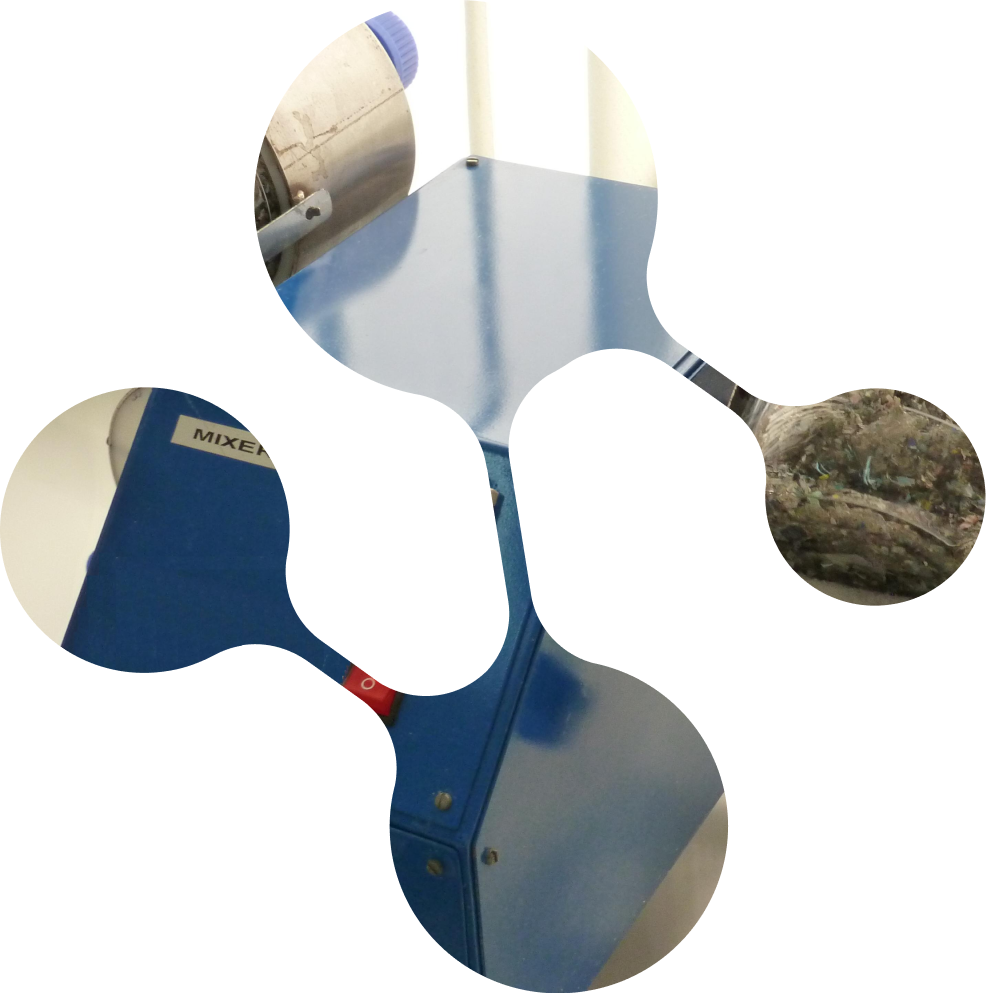 Skip to content
Skip to content
Analytical Control
The periodic analytical control of water, both for consumption and for processes, allows us to guarantee its quality and safety in its final use.
Water intended for human consumption must be controlled in accordance with the applicable legislation in force. The level of control and its frequency depends on the type of use (public or private) and the analytical characterizations, more or less complete, should be part of an analytical plan.
Process water can be tested for a significant number of parameters, depending on the end use, and Legionella testing in large circuits and critical points should be considered critical.


The analytical characterization of wastewater is essential to optimize treatment systems and to verify compliance with the limits imposed by public systems (municipal collectors) or by legislation, with regard to discharge into the aquatic environment.
The reuse of water is also an imperative for the sustainable use of water resources, being an adaptation measure provided for in the Action Program for Adaptation to Climate Change, so an effective control of treated water allows the constant optimization of this desideratum.
The landfill waste disposal regime, with an autonomous legal diploma, foresees the analysis of a set of parameters that characterize the waste according to the disposal in the various types of landfill: non-hazardous, hazardous and inert.
